This post may contain affiliate links.
There are many reasons that people like you and I are avoiding giving our money to big businesses today. I’m not going into the reasons behind those choices, if you know, you know. But how are we doing it? How are we to provide for our families without using Amazon, Target, Walmart, and in Australia, the price-gouging supermarkets? Actually, it’s not too hard, other than certain items. This is how we avoid using the supermarket chains.
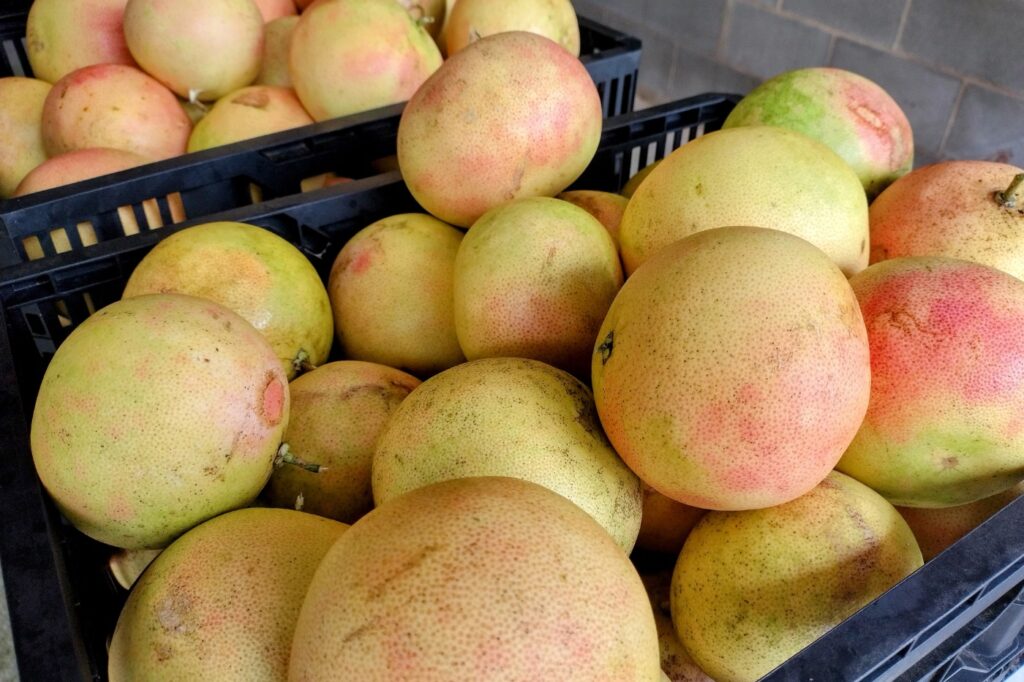
The global Amazon boycott that we were aware of started in March 2025. We haven’t used them since, and we were previously fairly big users as we live remotely with no shops for miles. It’s been easy.
How To Boycott Supermarkets and Shop Local
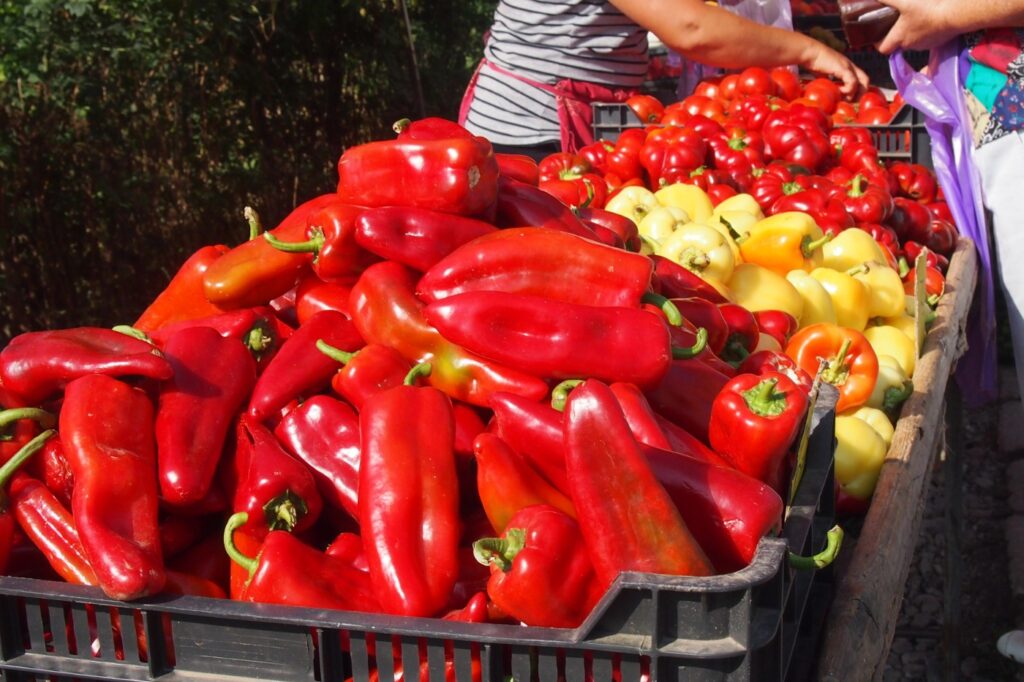
We want to put our money in the little guys’ pockets and not in those of billionaires. People like you and me should be turning a moderate profit for hard work. Big businesses shouldn’t be reporting profits in the billions.
So we’re trying to boycott supermarkets. This post is about how we’re doing this, and how you could too.
It’s going to be inconvenient, it may cost more, and we may have to change what we eat.
Reasons To Boycott Supermarket Chains
Here are some interesting links, and reasons to boycott the big supermarket chains.
- Farmers in Queensland say that supermarket chains are deliberately causing food wastage by refusing to purchase crops unfairly. (source)
- There have been calls for an Australian Christmas boycott in protest against the huge profits these companies make, when consumers are struggling to make ends meet. (source)
- The Fair Food Program is working towards fair wages and conditions for food industry staff. (US and international)
- Simply Plastic Free are calling for boycotts over monopolies and price gouging during a cost-of-living crisis. (Au)
- People are boycotting products stocked by supermarkets, to find similar, ethical products, consumers need to shop elsewhere. Ethical Consumer has a list of retailers and products to avoid and support. (UK)
- Processed food, of any kind, shouldn’t be on our shopping list.
The IGA supermarket chain in Australia is considered more ethical that the duopoly duo, it’s there if we need it. We may find there are products that we just can’t buy from a small business, in person, or online.
Where Can We Buy Fruit and Veg
We are fully self-sufficient for fruit and we’re doing OK with veg. The trick is to eat seasonally. Don’t expect to eat bananas year-round, feast on them when a bunch is ripe instead.
Our mulberry harvest is just finished, it lasted a few weeks. We ate a few, froze a lot, and today I’m making jam. We won’t have another fresh mulberry until next year, but the passion fruit will be ripe soon and the papayas are coming in. That’s how it works, eat by the season.
If you haven’t got fruit trees, bushes, and plants in your garden or on your homestead, start them ASAP. Until they’re producing, you can buy fruit and veg directly from local producers. It will be less convenient and possibly more expensive; it will be seasonal. You may have to buy different fruit and veg, but it’s there.
In my area, local markets are on Saturday mornings. It is much less convenient than shopping whenever, but I’m going to do it.
We also have a community share fridge in our area. Have you looked into the Food is Free network?
I’m planting much more than we need. Hopefully, I can grow pumpkins for everyone this year.
You may have a local small grocers or independent health food store, they also may have some fruit and veg.
Maybe there is a veg box delivery system near you? A box of veg direct from the farmers delivered to your home.
Where Can We Buy Meat
A lot of homesteaders grow their own meat, hunt, and fish, but if you can’t do that, can you find a local farm that sells meat? We have one just up the road. We can get food for us, plus food for the dog, just a short distance away.
If you don’t have that, use your local independent butcher. We’re lucky enough to have a great one, all grass-fed quality meat, much better than the supermarket.
In cities you may be able to order butcher boxes, we’ve tried for the wild-caught salmon, but they don’t deliver to our area.
Chocolate
From boycotting Cadbury’s, Lindt, and Nestle, there’s not much chocolate left to buy. We’re lucky here, there are at least 3 privately owned chocolate makers in our area, and I know there’s 1 stall at the markets selling their own chocolate.
It’s more expensive, but it doesn’t contain palm oil and we know the money is going to small, local businesses. I bought some yesterday, over twice the price of a bar of Lindt. We’ll just have to limit our chocolate intake and ration it out a bit more.
We also have a cacao tree in the ground.
Coffee and Tea
We grow coffee, we have roasted and ground our own beans, but it’s incredibly labour-intensive.
Luckily, we have local coffee and tea producers in our area. We’re kissing the instant coffee goodbye when our current jars are empty. Normally, we’re too lazy to make “real” coffee. We’ll just have to adapt.
Where Can We Get Milk, Butter, Yoghurt and Cheese
We have local dairies making cheese. There are delis with imported quality cheeses. I searched the internet last night to find out where we can buy our usual milk, from a local dairy, and there is a small food store not too far away that stocks it.
We’re not huge milk users, but we do love cheese and Greek yoghurt. We’ll figure it out.
For cooking, we only use butter and pure olive oil, not blends. I’m not sure yet what we’ll do about those two items, but we’ll figure it out.
Where Can We Get Flour?
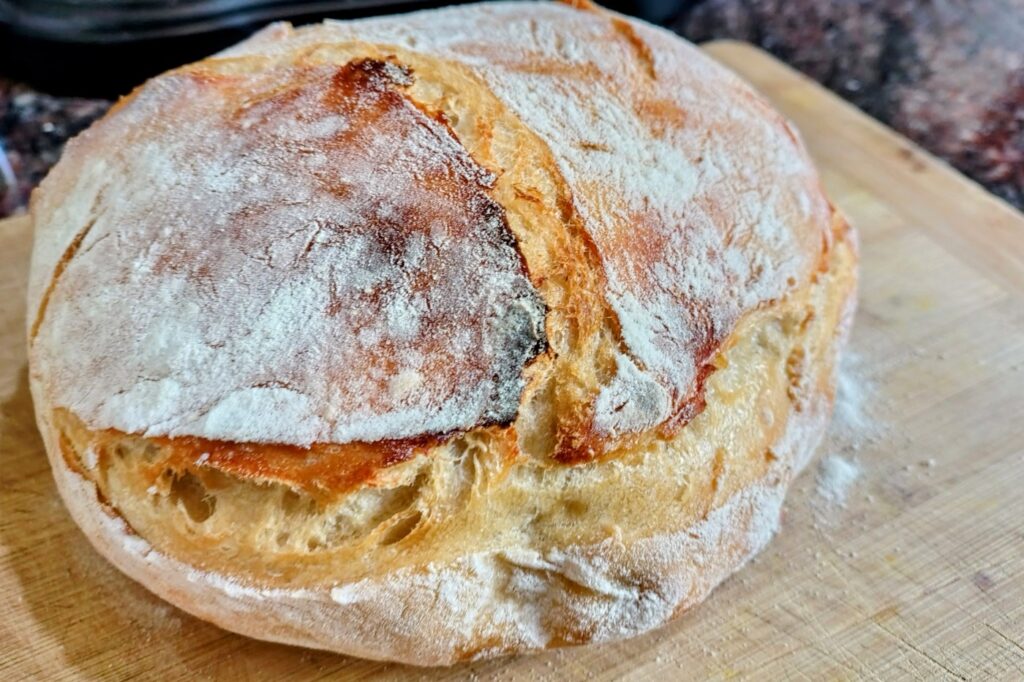
If I have flour I can make pasta, bread, cakes, pastry, everything we need. I found a small ethical food store about 45 minutes away that has 5kg bags of unbleached organic flour.
I worked out that the bread I bake at home costs about $3 a loaf in this better-quality flour. Bread from our local market starts at around $8 per loaf.
To be honest, we very rarely bought supermarket bread anyway.
The bread recipe that I find easiest is an overnight, no-knead bread. I can mix it up in the evening, leave it overnight, and have it baked first thing in the morning while it’s still not too hot. We don’t like heating up the house even more with a lot of cooking during the day. I also like to write down recipes I use regularly, rather than having to go to the internet each time. This is the bread recipe I use.
Where To Buy Household Items and Personal Care Items?
We all need products for cleaning and washing. Where will we get those that isn’t the supermarket?
Lush sells toiletries online. We already use Lush shampoo and other “treat” products. I will take a deep dive into who owns them, maybe they’re ethical, maybe not.
Fluoride-free and herbal toothpastes have always been our go-to. They are probably available in health food stores.
You can use regular soap for washing just about anything, including laundry and dishes. You can find fancy soaps made locally at most markets. I have found olive castille soap, fancy soaps, shaving bars and more at The Australian Natural Soap Company, online. Refreshingly, their delivery charges are acceptable.
Hydrogen peroxide and baking soda can do a lot of cleaning, stain removal and disinfecting. You can even use weak hydrogen peroxide to whiten teeth! Peroxide also breaks down, you can use it for cleaning if you’re on a septic system, unlike bleach.
The Items That Will Be Hard To Find Outside Of Supermarkets
Cat litter may be hard. If we fed our animals packaged dog and cat food, which we avoid anyway, that could be tricky.
Is It More Expensive To Shop Local, Rather Than At Supermarkets?
As we enter our 3rd week of supermarket avoidance, we’re finding this way of shopping much cheaper. We’re not wasting money on stuff we don’t need. We no longer use items like kitchen paper and baking parchment. I thought I would struggle to blind bake a quiche without the brown paper, but I’ve made two so far and just didn’t use the paper and beans, they came out perfect.
Plastic sponges for washing up will never again be in our shopping cart. We have cloths. Just like when I was a kid.
Another bonus, the fridge is much emptier and easier to keep clean and organised.
Admittedly, we had a good stock of foods here already, stashed away. We’re working our way through those. I’m hoping to keep items like pasta in the cupboard for emergencies, and make my own pasta next time. We’re enjoying this experiment so far and the better quality and organic foods that we’ve found have been so much nicer than the stuff from the supermarket. Will you try?
If, at any point, we fail in our mission and have to use the big supermarket chains, I will tell you. We don’t cheat.
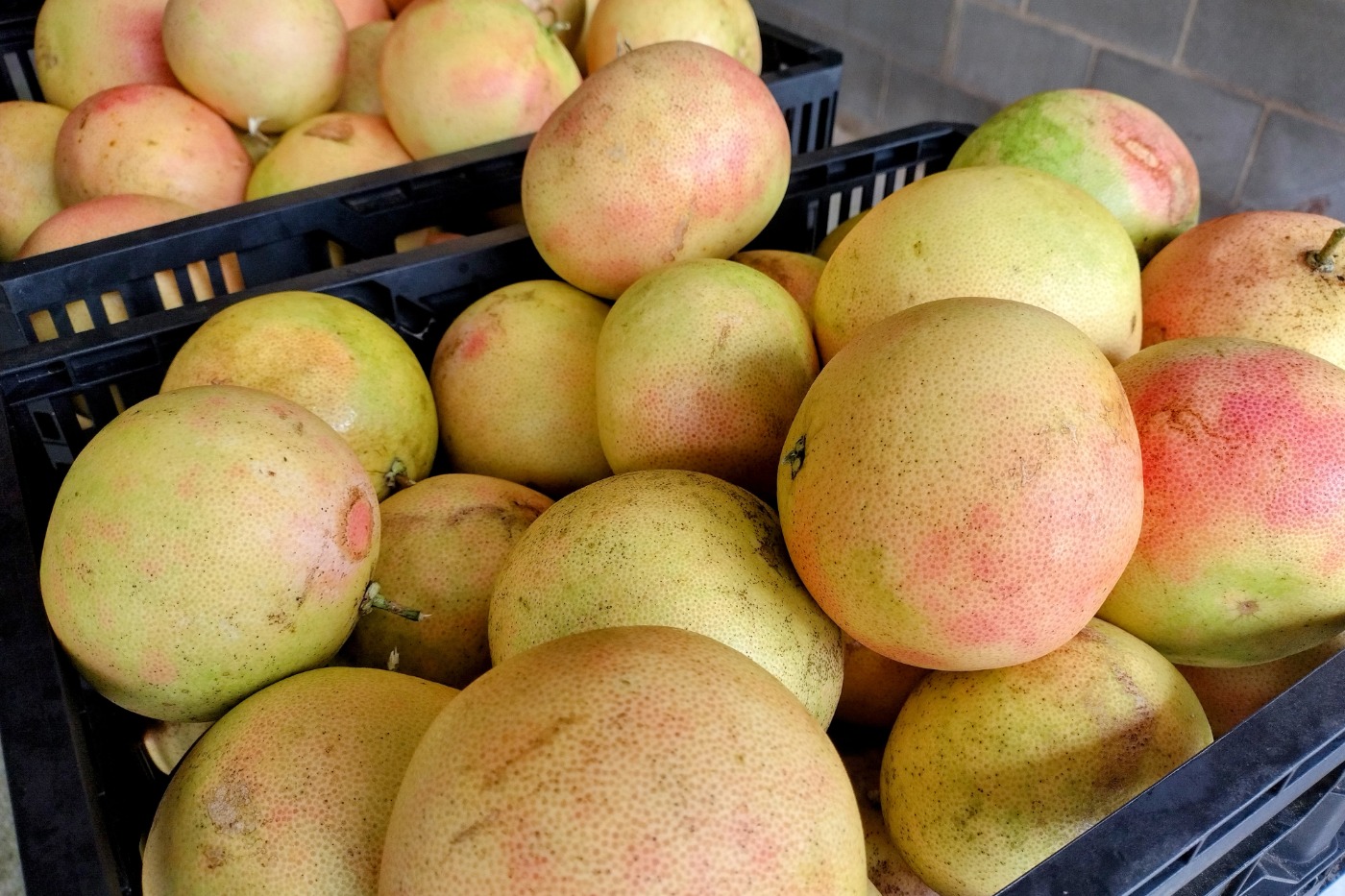
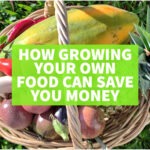

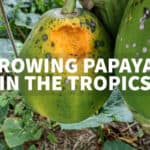
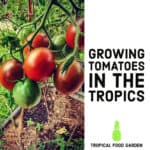

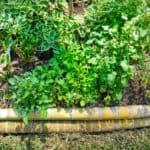
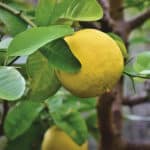
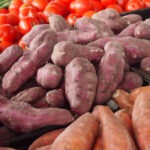
This is such a charming and slightly madcap adventure in supermarket avoidance! Its both admirable and hilarious to see the author meticulously planning their life without the big store, freezing mulberries like theyre going out of fashion, and rationing chocolate. The dedication to seasonality is impressive, though I imagine finding a local supplier of instant coffee is proving… challenging. Love the enthusiasm for homemade bread and the creative cleaning hacks! Its a reminder that sometimes, a little inconvenience can lead to discovering some truly nicer options, even if your fridge does need stashing away a few emergency loaves. Highly entertaining!
The AI you are using to write these ridiculous comments has totally missed the point. It is painful to read the incoherent rambling and repetition of artificial “intelligence”. If you think it sounds human – it most definitely does not. It’s another thing in today’s world that we do not use. Maybe you should do the same?